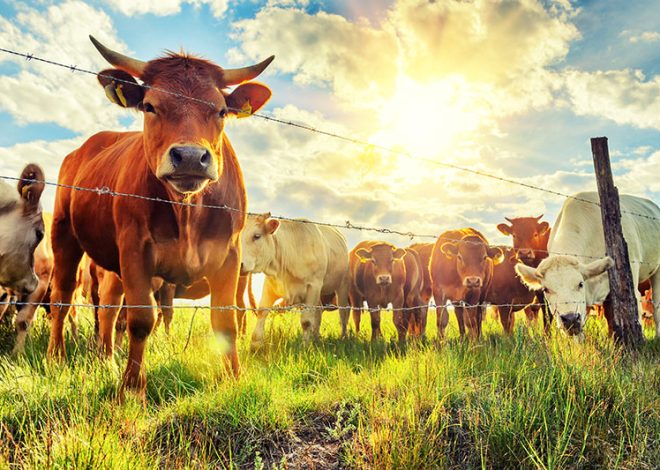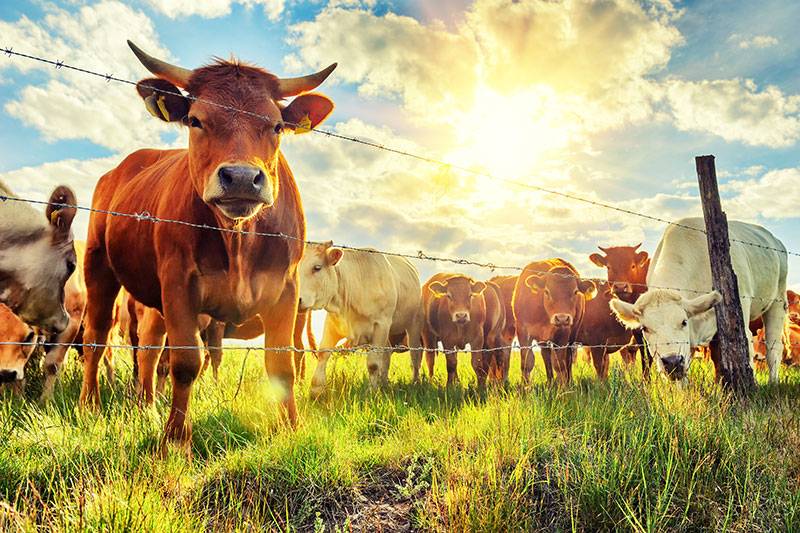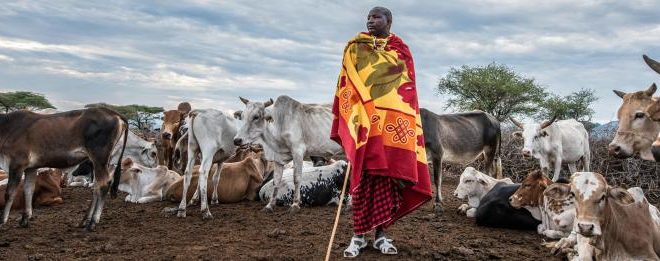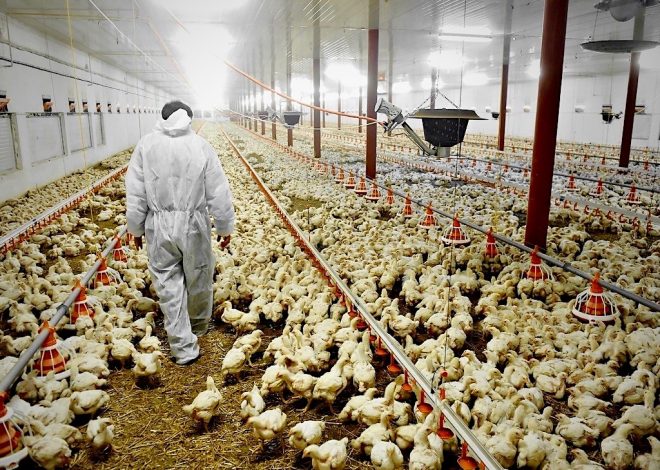
Livestock farming, a cornerstone of agriculture, has witnessed a transformative evolution in recent years, driven by technological advancements and a growing awareness of sustainable practices. This article explores the realm of innovative livestock farming, where cutting-edge technologies and forward-thinking approaches are shaping the future of this vital industry.
- Precision Livestock Farming (PLF): Precision Livestock Farming harnesses the power of sensors, data analytics, and automation to enhance the efficiency and well-being of livestock. From wearable devices that monitor the health of individual animals to smart feeding systems that optimize nutrition, PLF enables farmers to make informed decisions, reduce resource wastage, and improve overall productivity.
- Vertical Integration and Sustainable Practices: The modern livestock farm is increasingly adopting a vertically integrated approach, where every stage of production is controlled and optimized for efficiency. Sustainable practices, such as rotational grazing, organic feed production, and waste recycling, are gaining prominence. These initiatives not only promote environmental stewardship but also contribute to the production of healthier and more ethically raised livestock.
- Genetic Engineering and Breeding Technologies: Innovations in genetic engineering and breeding technologies have opened new frontiers in livestock farming. Selective breeding for desirable traits, such as disease resistance and increased productivity, is now complemented by advanced genetic editing tools. These tools not only enhance the genetic potential of livestock but also hold promise for disease prevention and improved food quality.
- Smart Farming Infrastructure: The integration of smart farming infrastructure, including IoT (Internet of Things) devices and remote monitoring systems, has revolutionized the management of livestock operations. Real-time tracking of animal movements, environmental conditions, and health parameters allows farmers to respond promptly to potential challenges, ensuring the well-being of the livestock and optimizing resource utilization.
- Alternative Protein Production: The rise of alternative protein sources, including plant-based and lab-grown meats, is challenging traditional notions of livestock farming. As consumer preferences shift towards sustainable and ethical food choices, innovative farming enterprises are exploring these alternative protein production methods, aiming to meet the growing demand while reducing the environmental footprint associated with conventional livestock farming.
Conclusion: Innovation is reshaping the landscape of livestock farming, ushering in an era of efficiency, sustainability, and ethical practices. The marriage of technology, responsible management, and a commitment to animal welfare is propelling the livestock industry into a future where feeding a growing global population is not only achievable but also environmentally and socially responsible. As we embrace these innovations, we lay the foundation for a more resilient, productive, and humane livestock farming sector.











